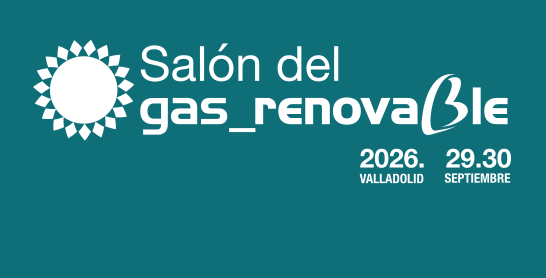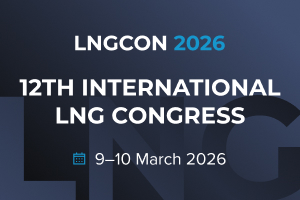Latvia approves support scheme for biomethane production

The support programme, developed by the Ministry of Climate and Energy (KEM), will be open to both new and existing companies registered in Latvia that operate in biomethane production or in the development of transport and refuelling infrastructure.
Announcing the move on Tuesday, Climate and Energy Minister Kaspars Melnis said expanding biomethane production could provide long-term strategic benefits for the national energy sector.
“Promoting biomethane production is one of the steps that helps strengthen Latvia’s energy independence,” he said. “Latvia has significant but underused production potential, especially in the livestock and poultry sectors, where production residues can be converted into energy. This is a great opportunity for businesses to increase competitiveness while the economy gains locally generated energy.”
Currently, Latvia imports all fossil fuels used in the transport sector, paying between €5 million and €7 million per day for imported energy resources.
The ministry argues that by strengthening domestic renewable energy production, more funding can be retained within the national economy.
Under the programme, companies will be able to apply for funding to purchase biomethane production equipment, build refuelling infrastructure, construct connections to the natural gas transmission system and acquire vehicles for transporting biomethane.
Support will be provided through a combined financial instrument consisting of a loan or guarantee accompanied by a capital rebate, reducing the loan’s principal either fully or partially. The maximum capital rebate available to a single applicant is €4.2 million.
ALTUM, Latvia’s state-owned development finance institution, will issue loans of up to €10 million.
Larger loans may also be guaranteed when issued by commercial banks, with ALTUM guarantees covering up to 80% of eligible project costs.
Support intensity will vary by company size and activity type.
Large companies will receive support covering 45% of costs for biomethane equipment and infrastructure, while small and medium-sized enterprises (SMEs) will receive 50%.
To stimulate investment in eastern Latvia — particularly in the Latgale planning region, where uptake of previous support programmes has been slower — enhanced support levels will be available.
In these regions, large companies may receive 45% support, medium-sized companies 55%, and small companies 65%.
For the purchase of biomethane transport vehicles, support will be 30% for large companies, 40% for medium-sized companies and 50% for small companies, regardless of location.
The programme also seeks to resolve a long-standing issue affecting large companies, which currently face restrictions when applying for ALTUM guarantees.
A new methodology for calculating state aid, developed jointly by KEM and ALTUM, is now being reviewed by the European Commission. Approval, expected by mid-November, would allow large companies to access guarantees in full.
Another new element is the application of “de minimis” state-aid rules to make the purchase of biomethane transport equipment more accessible.
The programme’s total budget is €21.5 million, sourced from the European Regional Development Fund and the state budget. Applications are expected to open in December 2025, and projects must be completed by 31 March 2029.
Projects offering the strongest contributions to national energy targets and demonstrating higher readiness levels will be prioritised.


















